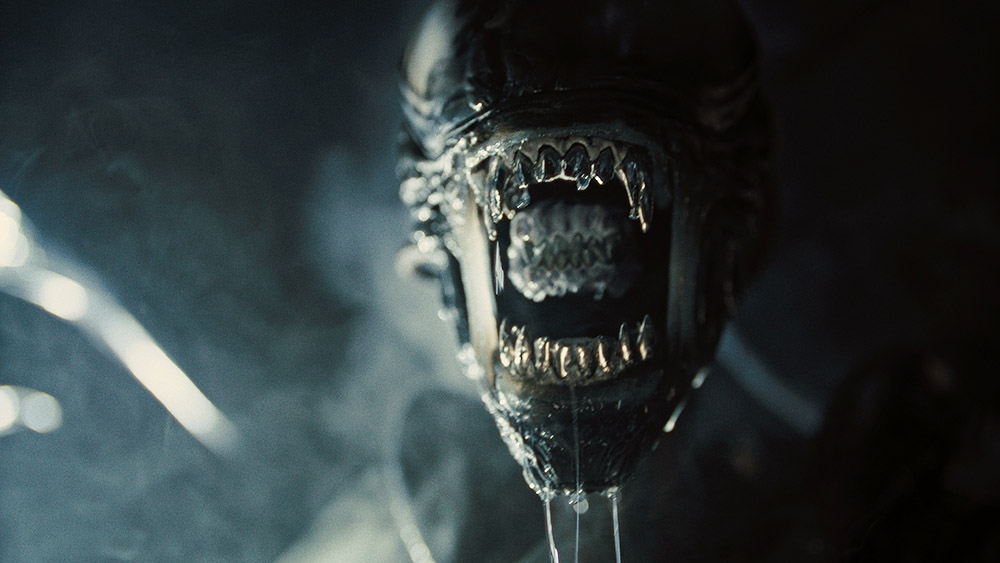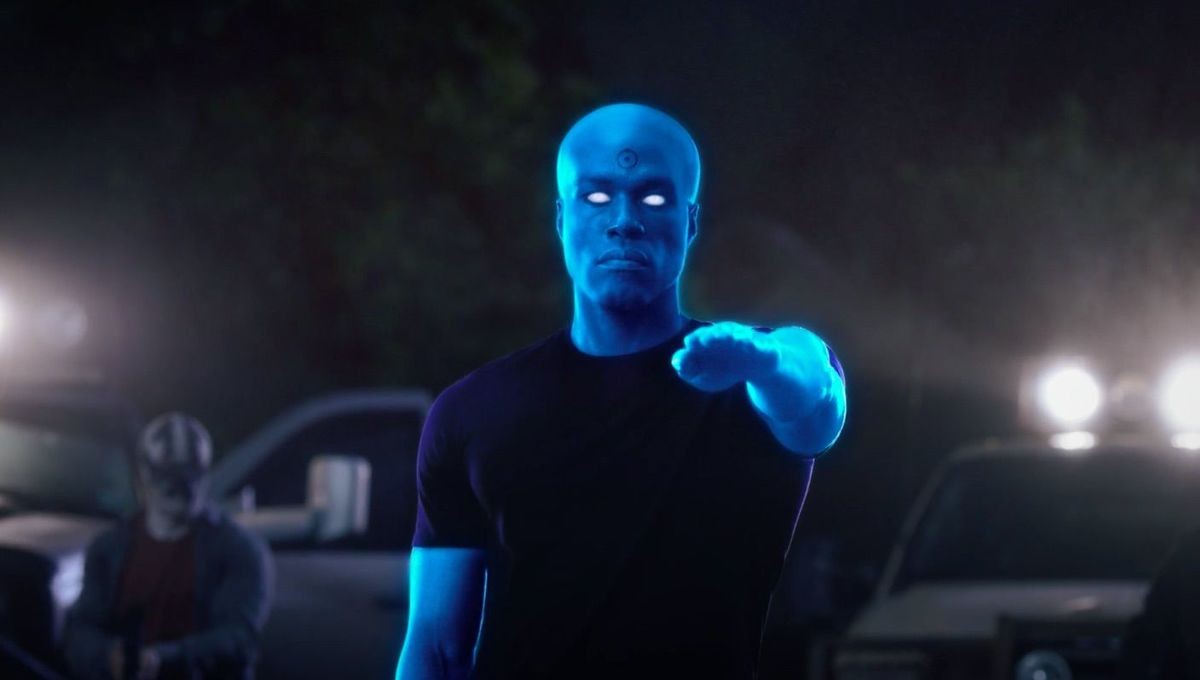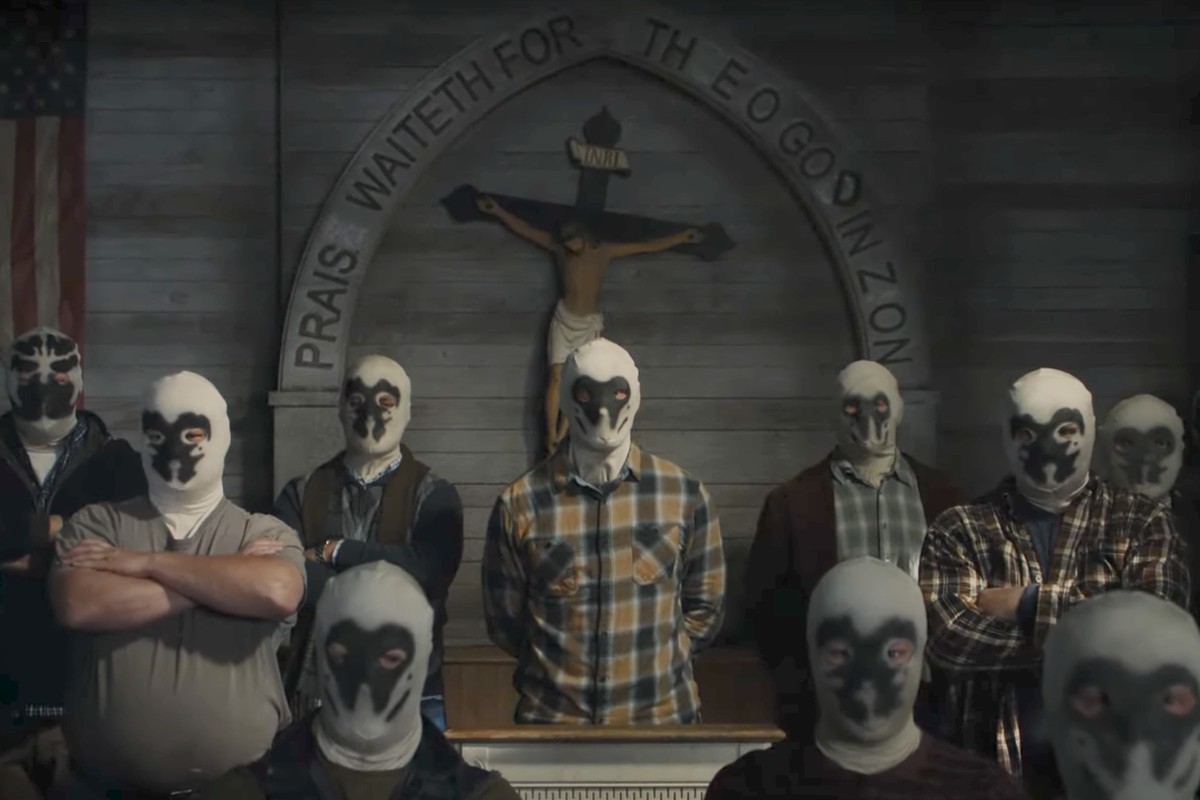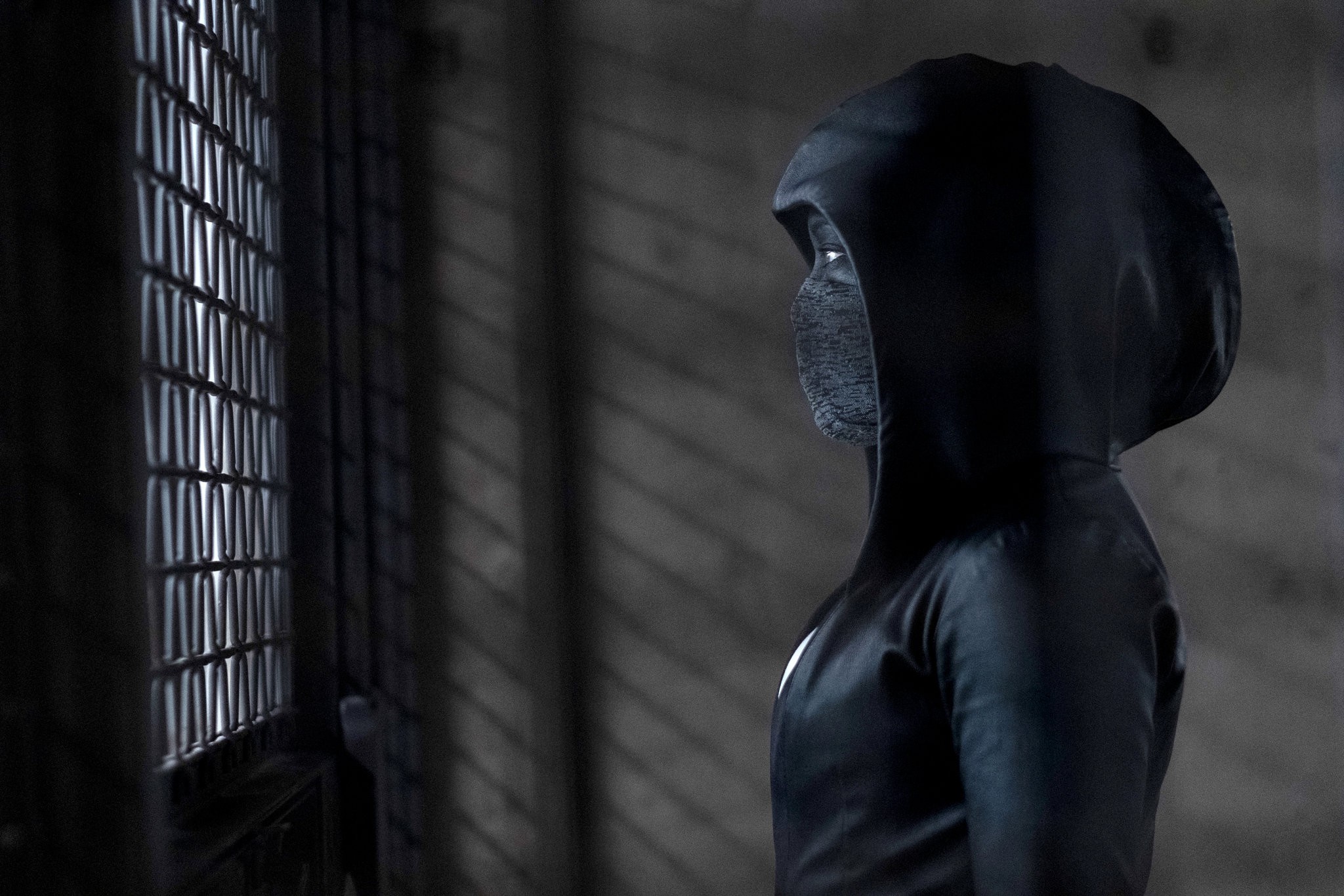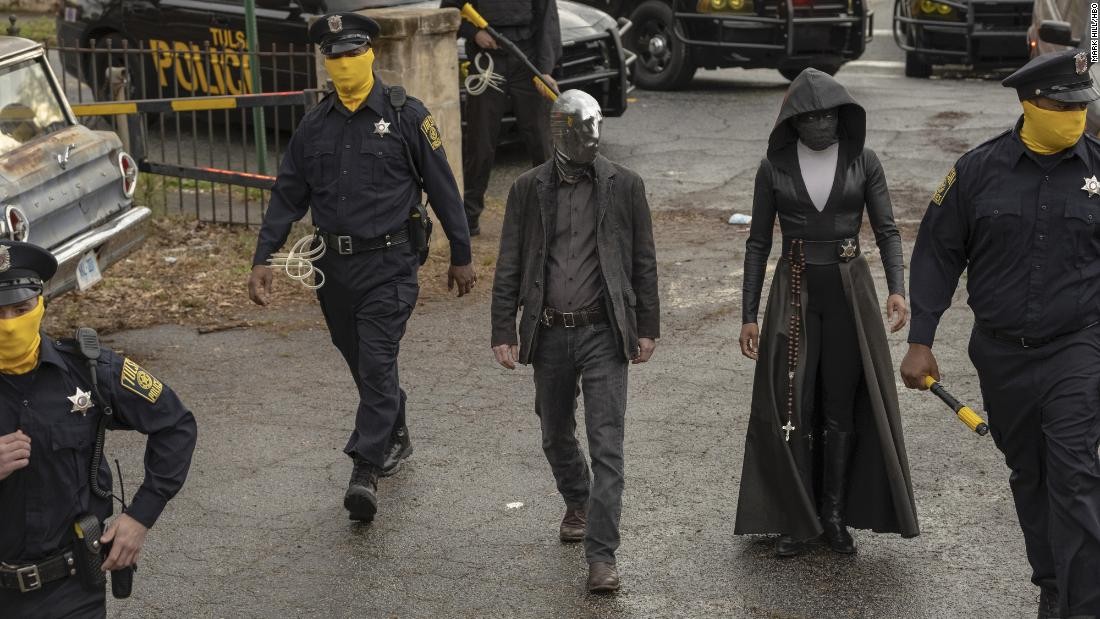What’s up, Memphis? Here’s what’s on the big screen for your viewing pleasure this weekend.
Alien: Romulus
Cailee Spaeny (of Priscilla fame) stars as an astronaut who discovers a derelict space station. Then, she and her crewmates discover why it is derelict: It’s overrun by alien xenomorphs. Set in the time between Ridley Scott’s original Alien and James Cameron’s Aliens, director Fede Álvarez aims to bring the sci-fi horror franchise back to its roots, and give you a big hug right in the face.
Dìdi
It’s the summer of 2008, and Chris (Izaac Wang), the first-generation son of Chinese immigrants, is trying to make new friends before he starts high school. He starts hanging out with some skaters, but since he can’t skate, he films them in the hopes of making skate videos. But the awkward teen has a lot of learning to do about life and friendship. Director Sean Wang’s ode to growing up in the early internet age swept the Audience Award and Dramatic awards at the 2024 Sundance Film Festival.
The Phantom of the Opera
The 1925 silent film set the standard for horror films to come. Lon Chaney, in his signature role, stars as the Phantom, a hideously scarred man condemned to live beneath an opera house in Paris who falls in love with a singer (Mary Philbin). He uses his organ playing skills to bewitch her, but sets himself and the opera up for a painful reckoning. The Orpheum Theater presents Phantom on Friday, August 16th, with live score on the Mighty Wurlitzer by organist Tony Thomas.
Time Warp Drive-In
This month’s Time Warp Drive-In theme is Comic Book Sinister, taking you to the darker side of cinema based on comics and graphic novels. Naturally, the first film on Saturday night at the Malco Summer Drive-In is Sin City, Robert Rodriguez’s pitch-black adaptation of Frank Miller’s noir graphic novel, starring Mickey Rourke, Jessica Alba, Bruce Willis, and the late Brittany Murphy. To answer your question about this scene, no Rourke didn’t cut himself shaving.
I give Zack Snyder a lot of grief these days, but credit where credit is due, his 2009 adaptation of Alan Moore’s Watchmen is actually a great movie. That’s probably due to the lengths he goes to to make his film match Dave Gibbons’ artwork from the original comic. It’s definitely worth watching on the big screen. Notice the very effective use of Philip Glass’ Koyaanisqatsi score in this original trailer.
The third and final Time Warp film is The Crow. Directed by Alex Proyas, the 1994 film is from the first post-Batman wave of superhero films that included stuff like Darkman. The film is notorious for the death of star Brandon Lee, who was killed on set in circumstances similar to what recently happened on Alec Baldwin’s Western Rust. This year, it will get a reboot. Here’s the trailer for the spooky original. The Time Warp Drive-In starts at dusk on Saturday, August 17th, at the Malco Summer Drive-In.
